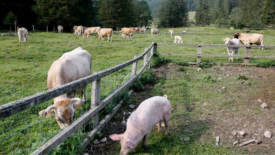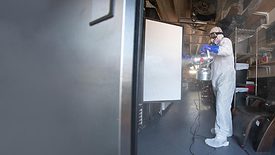Home » HACCP
Articles Tagged with ''HACCP''
Never miss the latest news and trends driving the food safety industry
eNewsletter | Website | eMagazine
JOIN TODAY!Copyright ©2025. All Rights Reserved BNP Media.
Design, CMS, Hosting & Web Development :: ePublishing








.jpg?height=168&t=1641248531&width=275)
